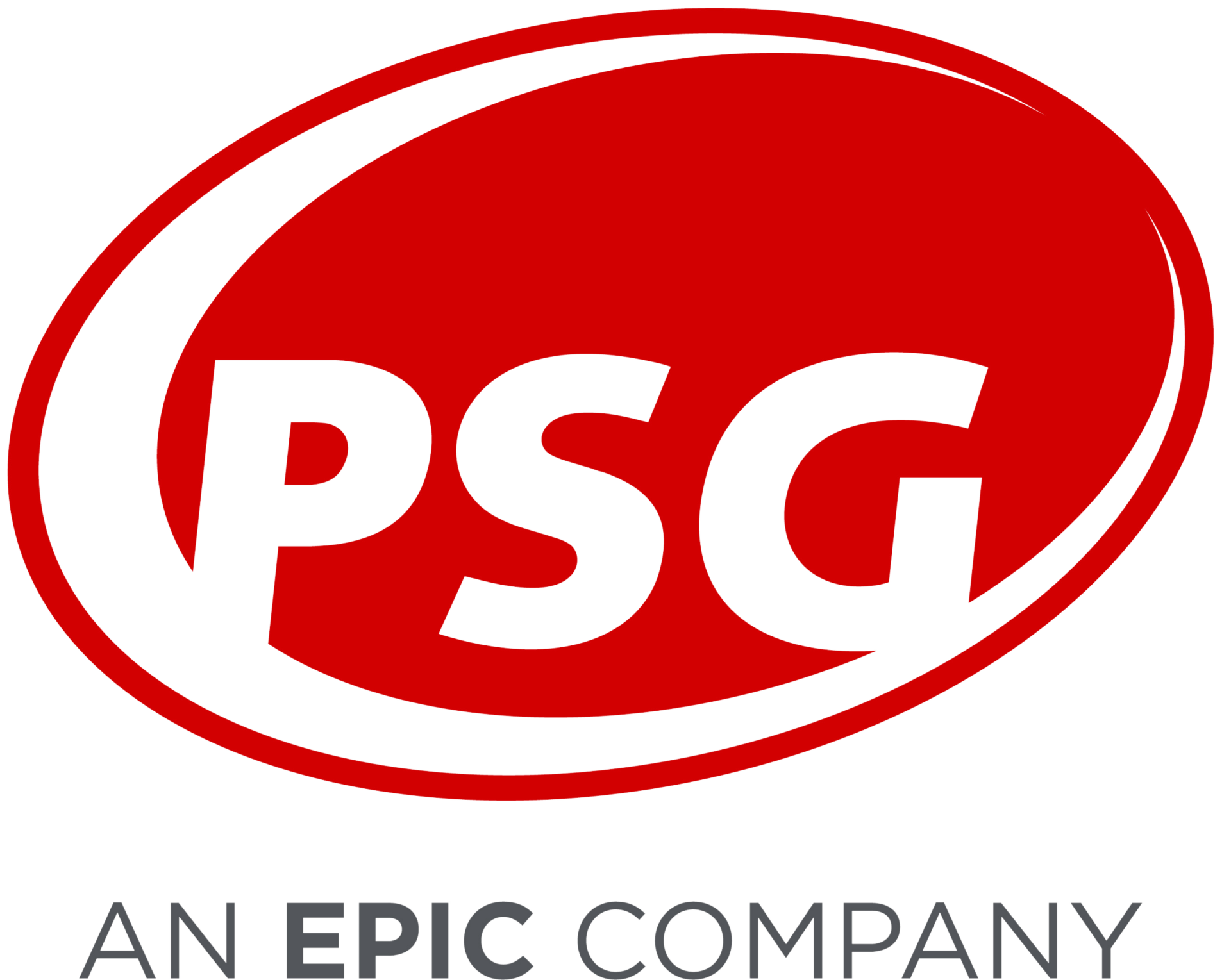The Medical Mindset:How PSG Pharmacists Take A Clinical Approach to Managing Spend and Ensuring Member Health
Posted on January 22, 2019
The United States could face a serious shortage of both primary and specialty care physicians by 2030—up to 120,000, according to research from the Association of American Medical Colleges. Filling this gap, especially for primary care physicians, is a significant issue. One solution already exists—one that is all-too-often overlooked: pharmacists.
In discussing the positive impact pharmacists have on patient health, one doctor wrote, “Pharmacists spend three to four years studying medications. Many of them have completed specialized residencies in subjects like nephrology, geriatrics and ambulatory care. That training enforces evidence-based practices and ensures that the medications we prescribe are appropriate for each patient.”
Pharmacists play a critical role in ensuring positive health outcomes—80% of patient interactions within the healthcare system center around drugs. For the past 15 years, PSG pharmacists have helped health plans and employer groups navigate the complexities of drug therapies to improve patient safety and health while reducing spend.
PSG combines a robust data and analytics platform with decades of pharmaceutical expertise to identify treatment patterns that lead to successful health outcomes—from point of diagnosis to initiation of drug therapy to ultimate health outcomes. With these unique insights, PSG pharmacists can provide plan sponsors and employers with strategies for providing the most optimal access to drugs given their budget constraints.
Applying the clinical perspective to business decisions
Most employer-sponsored benefits are managed by knowledgeable HR and benefit professionals. What these individuals don’t have is the clinical training often necessary to fully understand how their drug benefit decisions impact their members. Acting as their trusted advisor, we help our clients interpret the clinical nature of their benefits decisions and the impact those decisions have on members.
The vendor of one of our large clients presented a new prior authorization (PA) program for oncology drugs. The client asked us to review the program to better understand its impact. The program was a more targeted effort to match drug therapy regimens with patients based on evidence-based guidelines, helping them receive the most appropriate treatment right from the start. We helped our client realize the program’s biggest value was a much faster decision time—only three business days, instead of three weeks, which was the timeframe with their existing PA program. In addition, any denial for coverage would include a suggested regimen that would be approved for that member. Thus, prescribers could provide timely, optimal treatment regimens for the patient.
Another example, this one even more personal, involved an adult patient receiving Remicade infusions at a children’s hospital with a cost of $50,000 per claim—$42,000 more than it should have been. Once our analysis identified this situation, we suggested engaging a case manager for patient outreach to offer a lower-cost site of care. Through this outreach, the case manager learned that the adult patient preferred to not receive treatment at the children’s hospital, but had been unaware of other alternatives. In addition, the patient felt the Remicade treatments were not very effective. As a result, the patient decided to change to a new physician who recommended an alternative therapy that could be self-administered in the comfort of the patient’s home. The change resulted in $284,000 of annual savings to the health plan, but more importantly a better experience and better outcome for the patient.
PSG also applies a clinical perspective to help reduce drug fraud, waste, and abuse (FWA) for our clients. We combine our expertise with technology to identify outlier high-cost claims, where quantities and/or doses may not be appropriate from a clinical viewpoint. With this method, we helped one client identify suspect prescribing and dispensing of a topical drug, and decreased spend from $1.6M to $8K in just one year. Through the use of our tools, PSG pharmacists can detect potential fraud or see where a patient needs more education to make informed decisions—such as occurred with the Remicade patient.
Whether it’s helping our clients evaluate the effect of their PBM’s formulary changes on their members’ overall wellness, fight FWA, or identify opportunities to control spend, PSG pharmacists apply their training, experience, and unique insights to help ensure the optimal balance between financial impact and health outcomes. Ready to optimize your pharmacy spend? Put the power of PSG’s pharmacists to work for you—contact us for a demo today.

